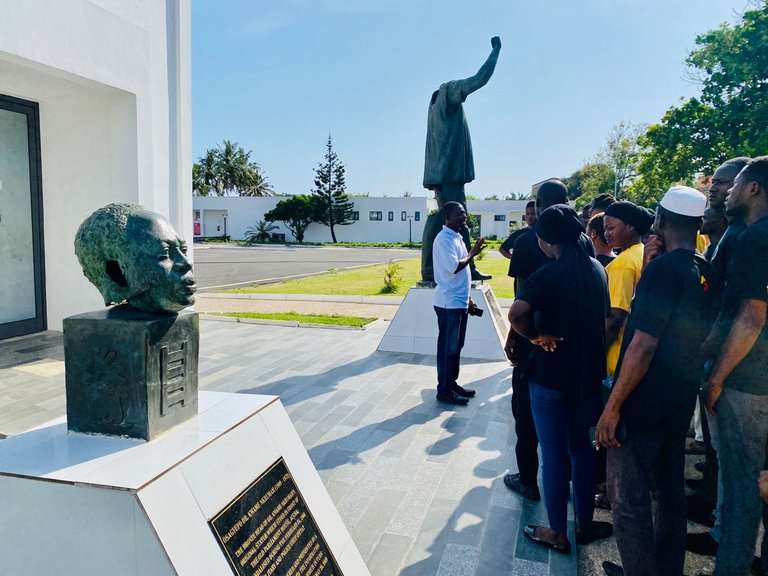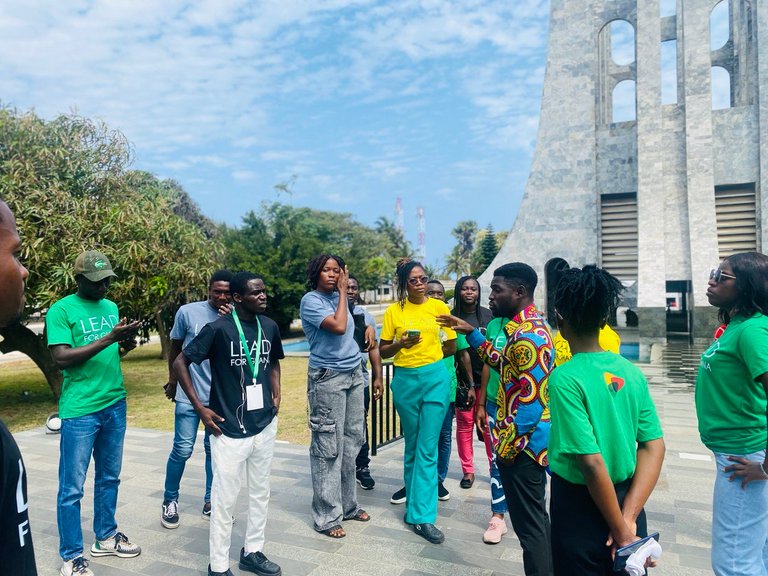Beyond Dates
Social Studies was one of the easiest topics for me in high school. I didn’t have to study it to pass it. The answers to almost everything was a simple look around the environment. Usually. One aspect I despised with every fiber of my being was Date-History. I enjoyed History for sure, I just don’t do well with dates, and History is full of that, so I did poorly in tests that were heavy in Date-History. Even today, I still struggle with historical events that involve a lot of date and stuff. Our Independence, the Sagrenti war and the Bond of 1844 are pretty much the only things I remember, and there are even lapses to what I remember of them.
With all that said, even though History is not exactly my favorite subject, it’s importance cannot be emphasized enough. It’s the only way for people who did not live a certain period can learn about the events that transpired in that time, and so it provides a lot of context for us to understand the past, and how it has shaped the present.

I visited the Kwame Nkrumah Museum twice over the last year and I learned more about Ghanaian history than I’ve known in all the years I’ve been in school. Over there, I realized that we were taught very little of the post-independence politics that divided Africa into what we currently are. The coups and assassinations of some of the greatest leaders Africa will ever see that has led us down a path of sturdy retrogression since our various independence attainment days.
Many African countries who overthrew these great leaders to instate others they considered better alternatives have come to regret their decision. And if young people are not taught these events in History, they won’t learn what a good government looks like, and they’ll be liable to repeating the same mistakes the people of those times did. I know many Ghanaians that wish we could bring the likes of Nkrumah back, but his life and leadership has served to teach Ghanaians very important lessons about government and foresight.

I know that a lot of people don’t really think of religion when talking about history, but something I’ve realized and come to love about the religious scriptures recently is how much they teach us about history.
About a week or two ago, I heard a sermon that detailed how Muslims suffered in the time of the prophet just to be able to pray. How committed they were to prayer even in the middle of war, taking turns to pray and get back into battle. That just reminded me how ungrateful (for a lack of a better word) we are, missing prayer times and prayer itself for the most trivial issues. Many adult Muslims know this already, but I’m sure that for kids, teaching them about historical events like this, allows them see the how much weight their 5 daily prayers actually carry.
Certain subjects are important across all disciplines. English is one of them, and History is too. Even if not for academic purposes, their relevance extends into every day living, and without them children will grow up to be dysfunctional adults no matter how much “education” they get.
All images are mine
Posted Using InLeo Alpha

You're right, history important and we can learn a lot from it.
You're also right about the museum, you learn more when you visit a museum and I think one solution is for schools to organize excursions to places like that.
Yeah that would be amazing. Only hitch is that places like that are usually in urban cities very far from many of the schools in the more rural regions.
Thank you